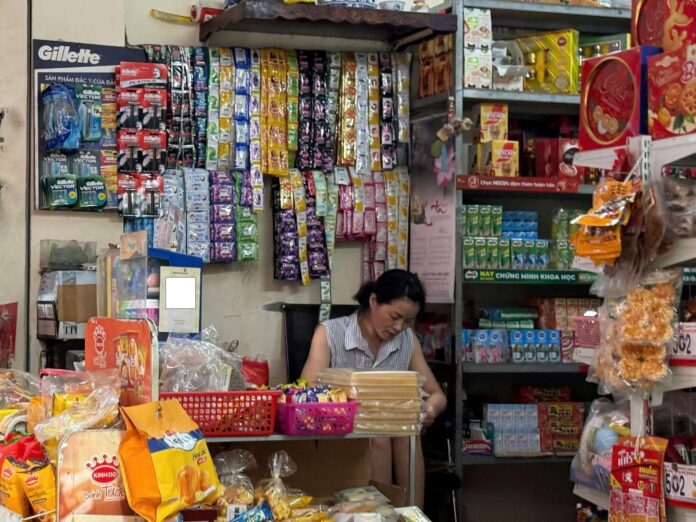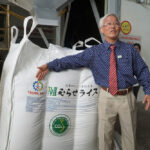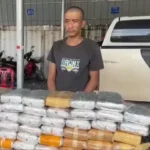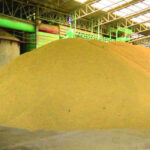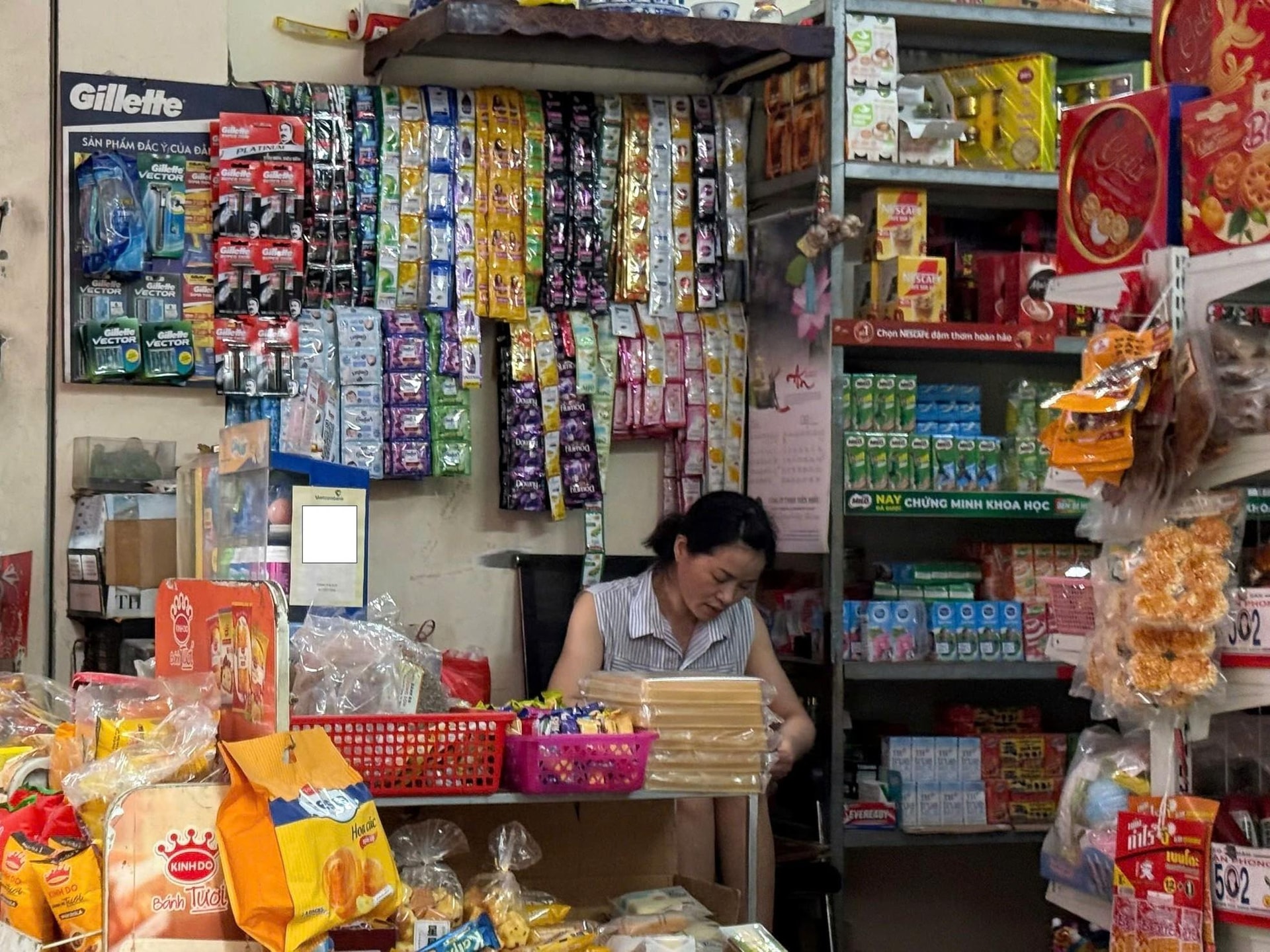
The Ministry of Finance is drafting a decree on business registration to comply with the Law on Enterprises (effective from July 1, 2025), which includes regulations on household businesses and business registration.
This new decree will replace Decree 01/2021/NĐ-CP on enterprise registration. The Ministry of Finance stated that this draft decree closely follows the guidelines of the Party, State, and Government.
Specifically, the decree adheres to Resolution 68-NQ/TW of the Politburo on developing the private economy, Conclusion 137-KL/TW on rearranging administrative units and a two-level government model, Resolution 66/NQ-CP of the Government on cutting and simplifying administrative procedures, and Resolution 138/NQ-CP on implementing the policy of private economic development.
Chapter VIII of the draft decree on household businesses and business registration consists of 42 articles (82 to 123).
One of the notable provisions states that “Households engaged in agricultural, forestry, fishery, and salt production, as well as street vendors, snack vendors, itinerant traders, seasonal traders, and low-income service providers, are not required to register their household business, except when operating in conditional business lines.”
The decree also authorizes People’s Committees of provinces and centrally-run cities to determine low-income thresholds applicable within their respective localities.
The draft decree includes regulations on naming conventions. A household business name must include the phrase “Household Business” along with a distinct name; it must not contain words or symbols that violate the nation’s historical, cultural, moral, or ethical traditions. Household business names must not include the terms “company”, “corporation”, “group”, or “enterprise”.
Other naming regulations include not using the trade name, trademark, geographical indication, or business name of another organization, individual, or household business; and not duplicating the registered Vietnamese name of another household business within the same commune, ward, or special district.
The Ministry of Finance aims to ensure that the new decree is promulgated and takes effect simultaneously with the amended Law on Enterprises when it is passed by the National Assembly.
Currently, there are over five million household businesses in Vietnam, contributing approximately 30% to the country’s gross domestic product (GDP) and providing employment for tens of millions of workers.
According to the latest data from the Tax Authority, there are approximately 37,000 household businesses nationwide that have an annual turnover of over VND 1 billion (approximately USD 42,500).
Amidst the evolving landscape of household businesses, social media platforms have recently circulated information regarding stores refusing to accept transfers and opting for cash-only transactions to evade taxes.
On June 4, the Area I Tax Office sent an open letter to households and individuals engaged in production and business activities in Hanoi and Hoa Binh regarding the issue of some establishments only accepting cash payments to avoid taxes.
The tax authority supports and encourages household and individual businesses to transition and develop into enterprises to benefit from investment and business incentives and tax policies under Resolution No. 198/2025/QH15 dated May 17, 2025, on special mechanisms and policies for private economic development.
The tax authority expects households and individual businesses to be astute in their operations, stay informed about legal regulations, and refrain from engaging in illegal activities such as concealing revenue or lacking transparency in economic transactions. They should also ensure honest and complete declarations of revenue when selling goods and services.
The Rice Emission Reduction Opportunity
“Vietnam Leads the Way: Pioneering Low-Emission Rice for a Sustainable Future”
Vietnam has taken a groundbreaking step forward in the global food industry by becoming the first country to introduce low-emission rice to the market. This innovative move showcases the country’s commitment to sustainability and environmental consciousness.
Uncovering the Illicit Drug Trade Route from the Golden Triangle to Vietnam
After a two-month-long investigation and surveillance operation, a special task force from the Dien Bien Province Public Security Department, in collaboration with the Public Security Forces of Northern Laos, successfully dismantled a large-scale illegal drug trafficking and transportation ring on June 9.
The King of Fruits: Thailand’s Agricultural Triumphs Set to Rival Vietnam’s Exports
“Thailand is ramping up its exports of two key agricultural commodities, rice and cassava, to China. This strategic move could potentially impact Vietnam’s market share in these sectors. With a focus on expanding their global reach, Thailand’s aggressive approach may spark a competitive response from Vietnam to maintain its foothold in the industry.”


























